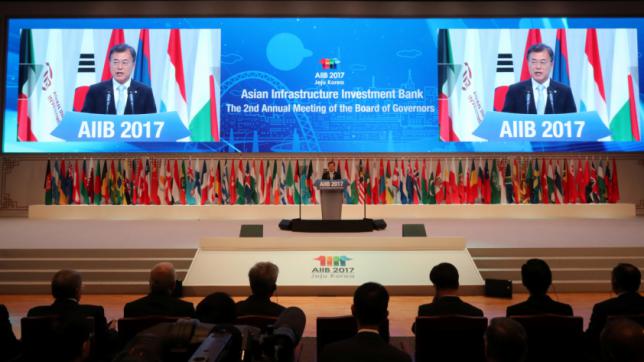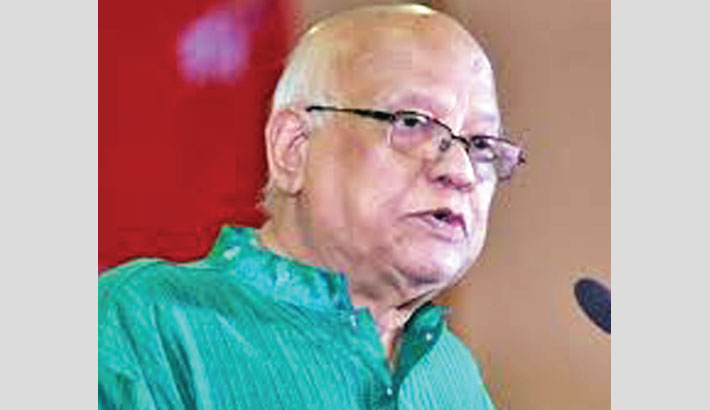Qatar's riyal is being quoted weaker than its peg against the US dollar as Doha grapples with a diplomatic crisis, but that is the result of poor liquidity in the currency market rather than a serious threat to the peg, bankers in the region say.
The riyal, officially fixed at 3.64 to the dollar since 2001, has been offered as low as 3.6680 since Saudi Arabia and other Arab states cut diplomatic and transport ties with Doha on June 5, accusing it of backing terrorism.
That was not a big move in absolute terms, less than 1 percent, but it marked the weakest spot market rate since July 2005, Thomson Reuters data shows.
Furthermore, previous dips in the riyal were usually one-day affairs, but this time the Qatari currency has been quoted significantly weaker than its peg for two weeks.
Gulf bankers inside and outside Qatar, however, said they did not think the spot market quotes showed any change in Qatar's determination or ability to maintain the peg.
Instead, they said, the fluctuations seemed to be the result of the way in which economic sanctions against Qatar have distorted trading between banks. Many Saudi, United Arab Emirates and Bahraini banks have cut back or suspended trading with Qatari institutions, fearing the displeasure of their governments. International banks have become more cautious because of political risk.
This has slowed foreign exchange trade, particularly between banks operating onshore and offshore, and caused bottlenecks in the supply of dollars to offshore institutions, pushing down the riyal.
"The fact that the spot quote has gone below the peg is due to low liquidity, not a change in Qatar's policy," said a treasury manager at a Saudi bank, speaking on condition of anonymity because of political sensitivities.
He noted that in the past, the Saudi riyal had also fluctuated by significant margins around its dollar peg because of temporary liquidity squeezes, even though Riyadh's central bank had maintained the peg.
A Dubai-based fixed income portfolio manager said he didn't view the move of the spot rate off the peg as alarming.
"It might be a sign of a little speculative pressure, hard to say. It doesn't seem like banks have had massive outflow pressure from Qatar," he said.
The emir's 2001 decree establishing the peg said the central bank would "buy the dollar at a rate not exceeding 3.6385 riyals and sell the dollar at a rate not exceeding 3.6415 riyals to the banks operating in the State of Qatar".
It is continuing to do this, bankers said. A treasury banker at a Qatari bank in Doha said his institution remained able to obtain dollar supplies it needed from the central bank.
"We can buy dollars from the central bank," he said. "We are selling dollars in the market at 3.6415."
Because links between onshore Qatari banks and offshore banks in centres such as Bahrain and London have been damaged by the sanctions, however, these supplies are not reaching all corners of the market promptly.
Some traders said they were surprised the central bank had not acted immediately to quash any speculation about a change to the peg by releasing huge amounts of dollars into the market.
In his only public statement since the crisis erupted, central bank governor Skeikh Abdullah bin Saoud Al-Thani declared last week that Doha had "sufficient foreign currency reserves to meet all requirements" but did not explicitly mention the peg.
However, bankers in the Gulf noted the emir's decree did not commit the central bank to massive intervention as soon as the spot rate moved off the peg; it merely said the bank had the right to determine the volume and timing of dollar sales.
news:daily star/19-jun-2017






